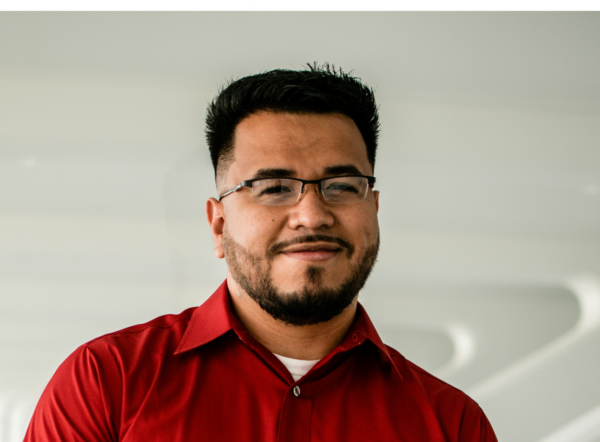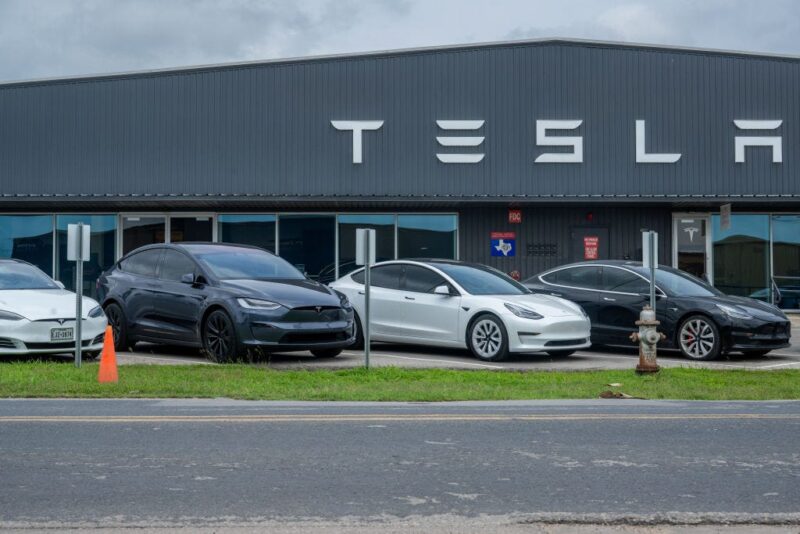- Thomas C. Corley spent five years studying millionaires and gathered his insights in “Rich Habits: The Daily Success Habits of Wealthy Individuals.”
- Corley interviewed 233 people with at least $160,000 in annual gross income and $3.2 million in net assets, 177 of whom were self-made.
- He found that most people who became wealthy didn’t have special talents, fancy job titles, high salaries, or excessive material possessions.
- Financial success is available to almost anyone who is willing to save diligently, invest prudently, work hard, and maintain good habits.
- Visit Business Insider’s homepage for more stories.
Who says you need to be an actor, musician, professional athlete, or high-powered executive to be rich?
The truth is you don’t need a fancy title, special talent, or face for TV to become wealthy. It’s ultimately about cultivating and maintaining good habits.
Thomas C. Corley, a certified public accountant and certified financial planner, spent five years studying millionaires and gathered his insights in “Rich Habits: The Daily Success Habits of Wealthy Individuals.”
Corley interviewed 233 people with at least $160,000 in annual gross income and $3.2 million in net assets, 177 of whom were self-made. He uncovered dozens of facts about rich people and their daily habits.
Here are some of the most interesting facts from Corley's research that will help you think differently about building wealth.
You're wealthy when passive income equals or exceeds living expenses.

Corley said he believes that the benchmark for being considered "wealthy" is when a person generates enough passive income to cover their expenses.
In other words, they don't need to earn a consistent paycheck from a job to live comfortably.
Someone whose lifestyle costs $150,000 to $160,000 a year would need investments totaling about $3.2 million, he said. Those who live on much less - say, $50,000 to $60,000 a year - would need $1.2 million invested to generate their annual income.
"The key to being wealthy, therefore, is standard-of-living costs that are less than your passive income," he said. "Your standard of living can make you wealthy - or not."
Self-made millionaires live relatively modest lives.

Self-made wealthy people don't always have the fanciest car, house, or jewelry. In fact, it's rare, Corley said.
Eighty-three percent of the self-made millionaires in his study lived in a modest house, purchased good used cars, ate most meals at home, and bought cheap clothes. They also overwhelmingly avoided spontaneous and emotional purchases.
"Never buy anything on impulse. It is almost always the wrong thing to do," Corley said. "That spontaneous or emotional purchase will lose its luster after only a few weeks. Then you're stuck with something you don't need and that does not generate any income."
Financially successful people know when to say no.

Millionaires are selective about the tasks they take on and the opportunities they accept, Corley said.
Importantly, they've grown comfortable saying no to things that don't support their progress, and yes only to things that align with their dreams and goals.
The easiest way to wealth is saving and investing.

Corley found that one of the most common paths to wealth was also the most widely available to people. Almost half of the millionaires he studied took "the saver-investor path."
These people didn't grow up rich, have high salaries, graduate from elite universities, inherit money, or possess unique skills - they saved diligently, invested prudently, and waited.
"You would never know they were rich by looking at them," Corley said. "They are your neighbors, family, friends, colleagues at work, assistant coaches, teachers, union workers, plumbers, electricians, construction workers, accountants, government workers ... the list goes on."
Scheduling time to think is a top habit of rich people.

Self-made millionaires are dedicated thinkers, Corley found. In most cases, he said, "it's the key to their success."
The rich tend to think in isolation, in the mornings, and for at least 15 minutes every day.
Corley said they ask questions such as "What can I do to make more money?" "Does my job make me happy?" "Am I exercising enough?" and "What other charities can I get involved in?"
Rich people seek out friends who are encouraging, optimistic, and constructive.

Interpersonal relationships have an outsize effect on our ability to achieve success.
Corley said the millionaires he studied tended to seek out and surround themselves with people who possess qualities like optimism, confidence, humility, emotional stability, patience, authenticity, and mindfulness.
They also provide constructive criticism and focus on adding value to the lives of those around them, not just themselves.
On the other hand, people who become rich avoid "poverty by association."

As humans, we tend to behave like the people we surround ourselves with. Whether it's neighbors, family, coaches, or friends, Corley said, we often adopt their money habits, regardless of whether we intend to or not.
"One of the hallmarks of the self-made millionaires in my study was the conscious effort they made to associate with like-minded individuals," Corley said. "If a close relationship was a spendthrift, they limited how much time they spent with those individuals."
Only 1% of self-made millionaires got rich before age 40.

Wealth doesn't materialize overnight for most financially successful people.
Corley said that only 1% of the self-made millionaires he studied got rich before 40. For the other 99%, it took at least 18 years of practicing good habits to get there.
"Success, for the vast majority of the self-made millionaires in my study, was about doing the little things every day that helped build momentum in their lives," Corley said. "This momentum kept them moving forward, growing in knowledge and skill."
The vast majority of millionaires inherited crucial habits from their parents.

Many millionaires learned their most fundamental rich habits from their parents, Corley found, giving them an advantage on their path to wealth.
For example, over 95% said they were taught to take responsibility for their actions, respect the law and other people's property, work hard for what they want, and improve themselves daily. Importantly, their parents taught them that acquiring wealth is a good thing, not evil or greedy.











